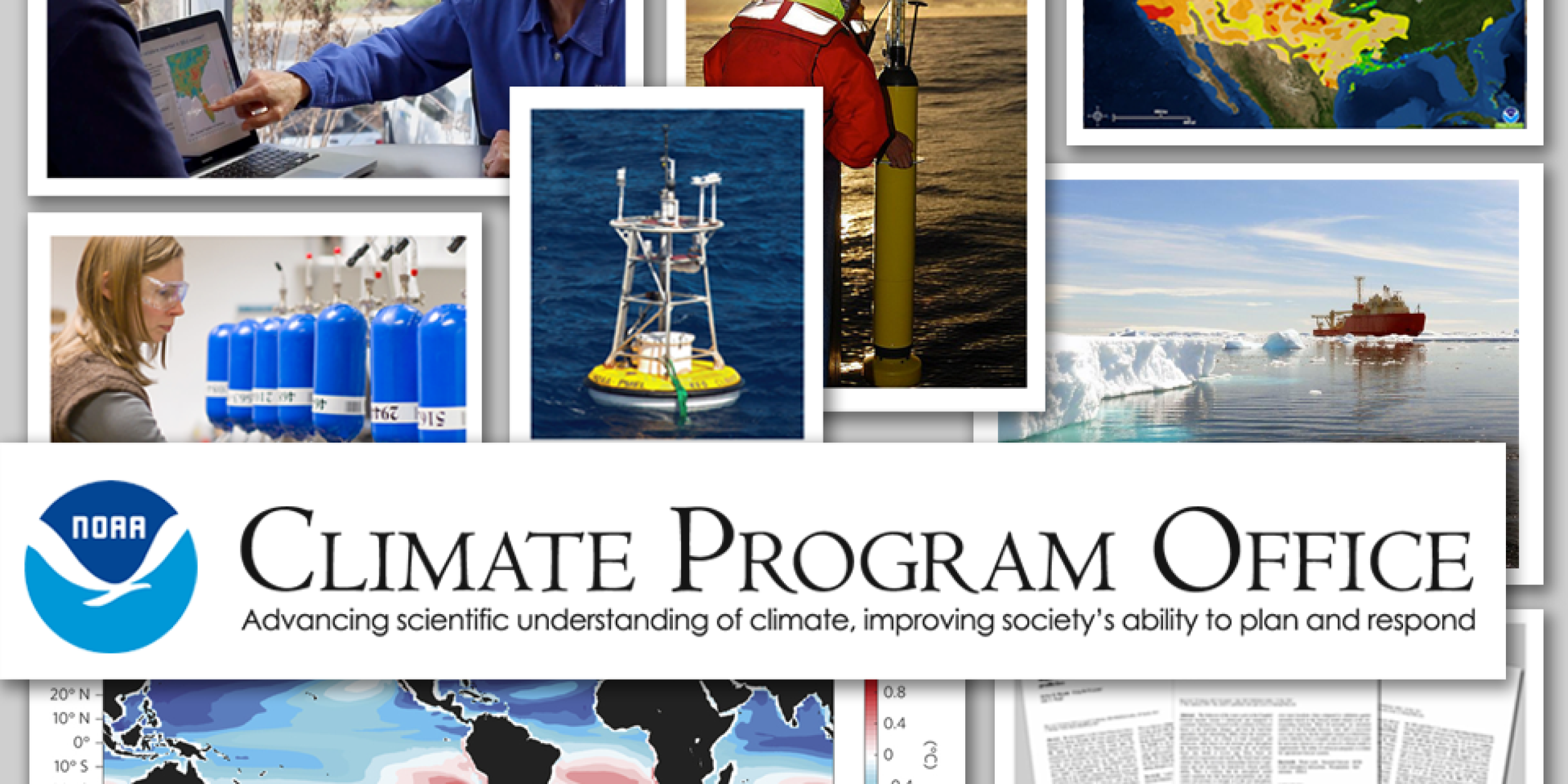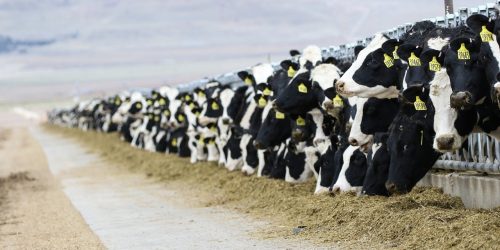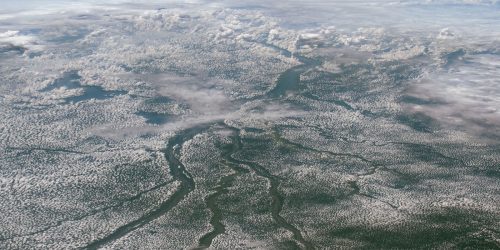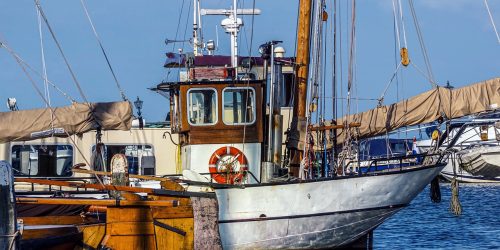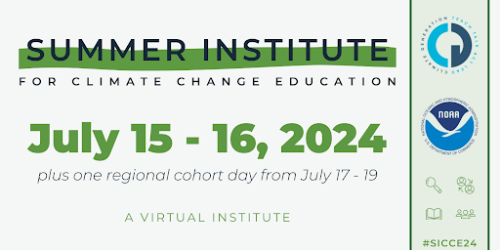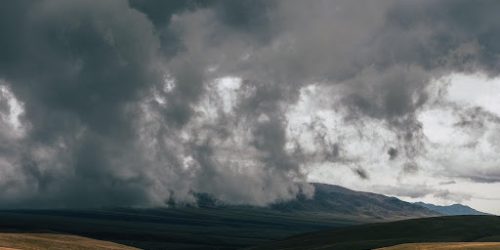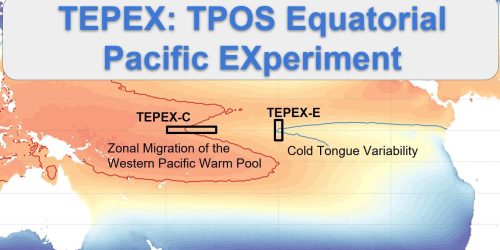NOAA’s Coastal and Ocean Climate Application Program (COCA) competitively selected four two-year projects totaling $1,102,594 in grants for the FY2015 Supporting Resilient Coastal Communities and Ecosystems in a Changing Climate: Understanding Climate-related Human Health Risks within the Coastal Environment competition.
 The COCA program addresses the needs of decision makers dealing with pressing climate-related issues in coastal and marine environments. The program is designed to support interdisciplinary teams of researchers in the development and transition of climate-related research and information to advance decision-making in coastal communities and coastal and marine ecosystems. Outcomes of COCA projects inform the response and coping capacity of decision-making and management communities to climate variability and change. In addition, projects must have a clear plan for dissemination of the findings to relevant audiences.
The COCA program addresses the needs of decision makers dealing with pressing climate-related issues in coastal and marine environments. The program is designed to support interdisciplinary teams of researchers in the development and transition of climate-related research and information to advance decision-making in coastal communities and coastal and marine ecosystems. Outcomes of COCA projects inform the response and coping capacity of decision-making and management communities to climate variability and change. In addition, projects must have a clear plan for dissemination of the findings to relevant audiences.
Coastal communities are vulnerable to increased public health risks from climate-related and non-climate related stressors placed on coastal systems. These impacts can be direct from changing weather and climate conditions, including. heat waves, flooding, and hurricanes, or more indirect health and safety risks associated with climate impacts on coastal ecosystems, such as harmful algal blooms, water quality and quantity, existing and emerging disease, and contaminated seafood.
In FY15, to continue supporting resilient communities and ecosystems in a changing climate, COCA held a competition to support interdisciplinary research that improves our ability to respond and adapt to public health impacts related to changes in coastal ecosystems (or ecosystem changes in the coastal zone).
The four new projects to be funded by the COCA program in 2015 are:
-
Pacific Northwest National Laboratory (PNNL) – “Development of a Decision Support Tool for Harmful Algal Bloom Monitoring in a Changing Climate Using a Coupled Modeling Approach”
- Lead Principal Investigator (PI): Taiping Wang (PNNL)
- Co-PIs: Dana Woodruff (PNNL), Zhaoqing Yang (PNNL), Stephanie Moore (University Corporation for Atmospheric Research/NOAA’s Northwest Fisheries Science Center), Guillaume Mauger (University of Washington’s Climate Impacts Group (UW-CIG)), Jerry Borchert (Washington State Department of Health (WDOH))
-
South Carolina Sea Grant Consortium – “A Community-wide Public Health Risk Assessment of Vulnerable Water Infrastructure in Coastal Cities”
- Lead Principal Investigator (PI): Elizabeth Fly (South Carolina Sea Grant Consortium)
- Co-PIs: Susan Lovelace (South Carolina Sea Grant Consortium), Jessica Whitehead (North Carolina Sea Grant, North Carolina State University),Tom Crawford (Saint Louis University), Tom Allen (Department of Geography, Planning & Environment, East Carolina University), Burrell Montz (Department of Geography, Planning & Environment, East Carolina University), Greg Kearney (Brody School of Medicine, Department of Public Health, East Carolina University), Kirstin Dow (Department of Geography, University of South Carolina)
-
Scripps Institution of Oceanography – University of California, San Diego – “Interplay of marine layer clouds and heat waves along the California coast: Impacts on human health”
- Lead Principal Investigator (PI): Alexander Gershunov (Scripps Institution of Oceanography, University of California, San Diego)
- Co-PIs: Rupa Basu (Office of Environmental Health Hazard Assessment, California Environmental Protection Agency), Kristen Guirguis (Scripps Institution of Oceanography, University of California, San Diego)
-
Alaska Institute for Justice – “Resilient Alaska Native Coastal Communities: Integrated Social-ecological Monitoring and Assessment Supporting Adaptation Decisions”
- Lead Principal Investigator (PI): Robin Bronen (Alaska Institute for Justice)
- Co-PIs: Terry Chapin (University of Alaska Fairbanks, Institute for Arctic Biology), Patricia Cochran (Alaska Native Science Commission)
COCA is a program in the Climate and Societal Interactions Division of the Climate Program Office, within NOAA’s Office of Oceanic and Atmospheric Research. To learn more about COCA and it’s funding opportunities, visit: http://cpo.noaa.gov/ClimatePrograms/ClimateandSocietalInteractions/COCAProgram.aspx.
For a full list of CPO’s grants and awards for 2015, visit: http://cpo.noaa.gov/AboutCPO/AllNews/TabId/315/artmid/668/articleid/363879/CPO-Announces-FY15-Awards.aspx
NOAA’s Climate Program Office helps improve understanding of climate variability and change in order to enhance society’s ability to plan and respond. NOAA provides science, data, and information that Americans want and need to understand how climate conditions are changing. Without NOAA’s long-term climate observing, monitoring, research, and modeling capabilities we couldn’t quantify where and how climate conditions have changed, nor could we predict where and how they’re likely to change.


